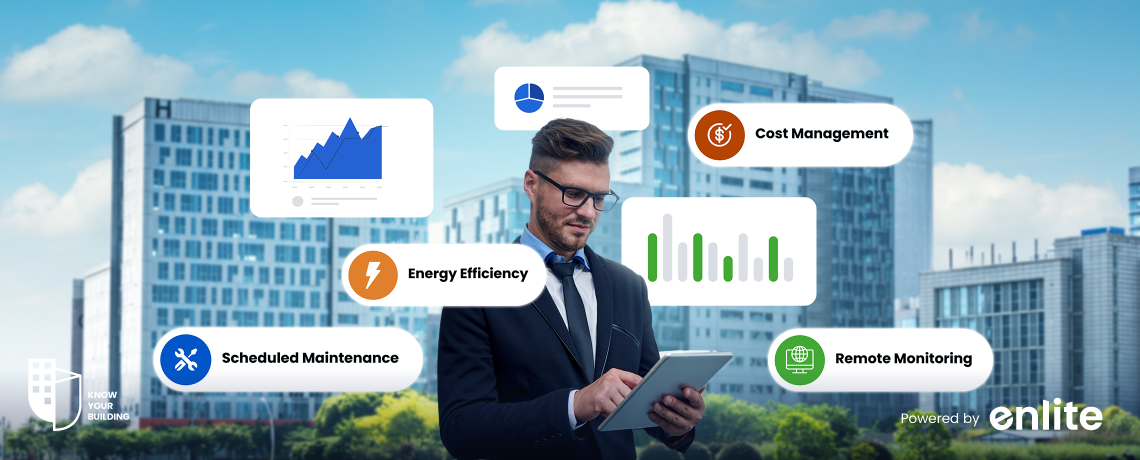Introduction
In today’s competitive environment, building owners and managers are constantly looking for ways to reduce operational expenses. One effective strategy is to implement a building automation system (BAS). A BAS is a computer-based system that integrates and controls various building systems, such as heating, ventilation, air conditioning (HVAC), lighting, security, and fire alarms.
Here are some of the ways a BAS can help reduce operational expenses:
1. Energy Efficiency
- HVAC Optimization: BASs can monitor and control HVAC systems in real-time, ensuring that they are operating at peak efficiency. This can be achieved through features such as, Occupancy sensors that adjust temperature and ventilation based on the number of people in a space. Scheduling that automatically adjusts temperature settings based on time of day and day of the week. Fault detection and diagnostics that identify and correct potential problems before they can lead to energy waste.
- Lighting Control: BASs can automatically adjust lighting levels based on natural light availability and occupancy. This can significantly reduce energy consumption without impacting occupant comfort.
- Real-time Energy Monitoring: BASs provide detailed insights into energy consumption patterns, allowing building managers to identify areas where energy can be saved.
2. Reduced Labor Costs
- Automation of Routine Tasks: BASs can automate many routine tasks, such as adjusting temperature and lighting levels, opening and closing windows, and watering plants. This frees up staff time for other tasks, such as maintenance and repairs.
- Predictive Maintenance: BASs can track the performance of building systems and identify potential problems before they occur. This allows for preventive maintenance, which can extend the lifespan of equipment and reduce the need for costly repairs.
- Remote Monitoring: BASs allow building managers to monitor and manage building systems remotely. This eliminates the need for staff to be on-site 24/7, which can lead to significant cost savings.
3. Improved Indoor Air Quality
- Early Detection of Air Quality Issues: BASs can detect and report air quality problems, such as high levels of CO2 or volatile organic compounds (VOCs). This allows building managers to take corrective action quickly and prevent health problems.
- Improved Ventilation Control: BASs can optimize ventilation systems to ensure that indoor air quality is maintained at a healthy level. This can lead to improved occupant comfort and productivity, as well as reduced absenteeism due to illness.
4. Enhanced Security
- Integrated Security Systems: BASs can be integrated with security systems, such as alarms and access control systems. This allows for centralized monitoring and control of the building’s security infrastructure.
- Automated Security Measures: BASs can automate security measures, such as locking doors and windows after hours. This can help to deter crime and protect the building’s occupants and assets.
5. Increased Building Lifespan
- Predictive Maintenance: By identifying and addressing potential problems early, BASs can help to extend the lifespan of building equipment and infrastructure. This can save money in the long run by avoiding costly replacements.
- Improved Environmental Performance: BASs can help to reduce a building’s carbon footprint by optimizing energy and water consumption. This can lead to financial savings through lower utility bills, as well as environmental benefits.














